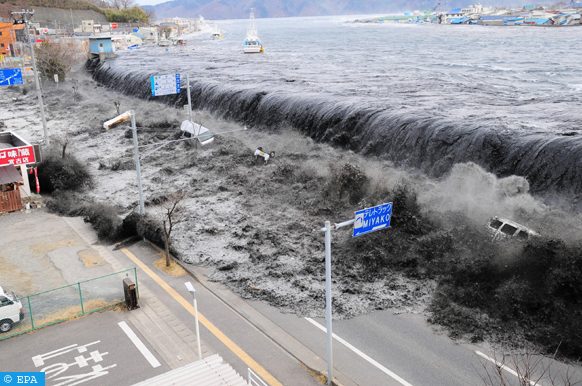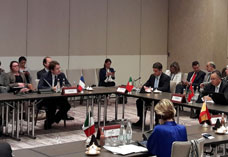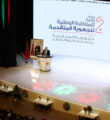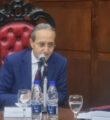Effective Disaster Risk Governance Saves Lives – UN
United Nations- Top UN officials have underscored the importance of continuous risk assessment and preparedness to safeguard coastal communities worldwide from the disastrous impact of tsunamis, marking World Tsunami Awareness Day on Thursday.
In a message, Secretary-General António Guterres cited the need for strong disaster risk governance against the rare but incredibly devastating sudden onset disasters.
“When tsunamis strike, they are a supreme test of the governance and institutions that have been put in place to manage disaster risk,” he said.
Strengthening disaster risk governance would help build our resilience to “all hazards, natural and man-made,” he stressed.
Guterres also drew parallels between tsunamis and the coronavirus pandemic, in their impact on lives.
“We are struggling with what some describe as a tsunami of death and disease due to COVID-19,” he said, adding that the metaphor comes easily because living memory remains strong of the 2004 Indian Ocean tsunami, in which more than 227,000 people perished.
Mami Mizutori, Special Representative of the Secretary-General for Disaster Risk Reduction, echoed these words.
“What is true for this biological hazard is true for many other hazards man-made, natural and technological that are threatening our planet,” she said, emphasizing the importance of disaster risk governance.
In the same vein, Audrey Azoulay, Director-General of UN Educational, Scientific and Cultural Organization (UNESCO), also called for continuous risk assessment and preparedness, especially given that the risks are compounded by the effects of climate change.
“Saving lives and protecting the livelihoods of communities at risk of tsunamis requires sustained investment in resilient infrastructure, early warning systems and education,” said UNESCO head, stressing that “in this field especially, we need to build the future we want today.”
World Tsunami Awareness Day, marked annually on 5 November, commemorates the actions of a Japanese village leader, who on that day in 1854, recognized the signs of an approaching tsunami and set fire to his rice sheaves – an improvised but remarkably effective early warning system – saving the lives of the many villagers who saw the smoke and ran uphill to help put out the flames.
This year, the World Day promotes target E of the “Sendai Seven Campaign,” urging governments to develop and put in place national and local disaster risk reduction strategies, by the end of 2020.














